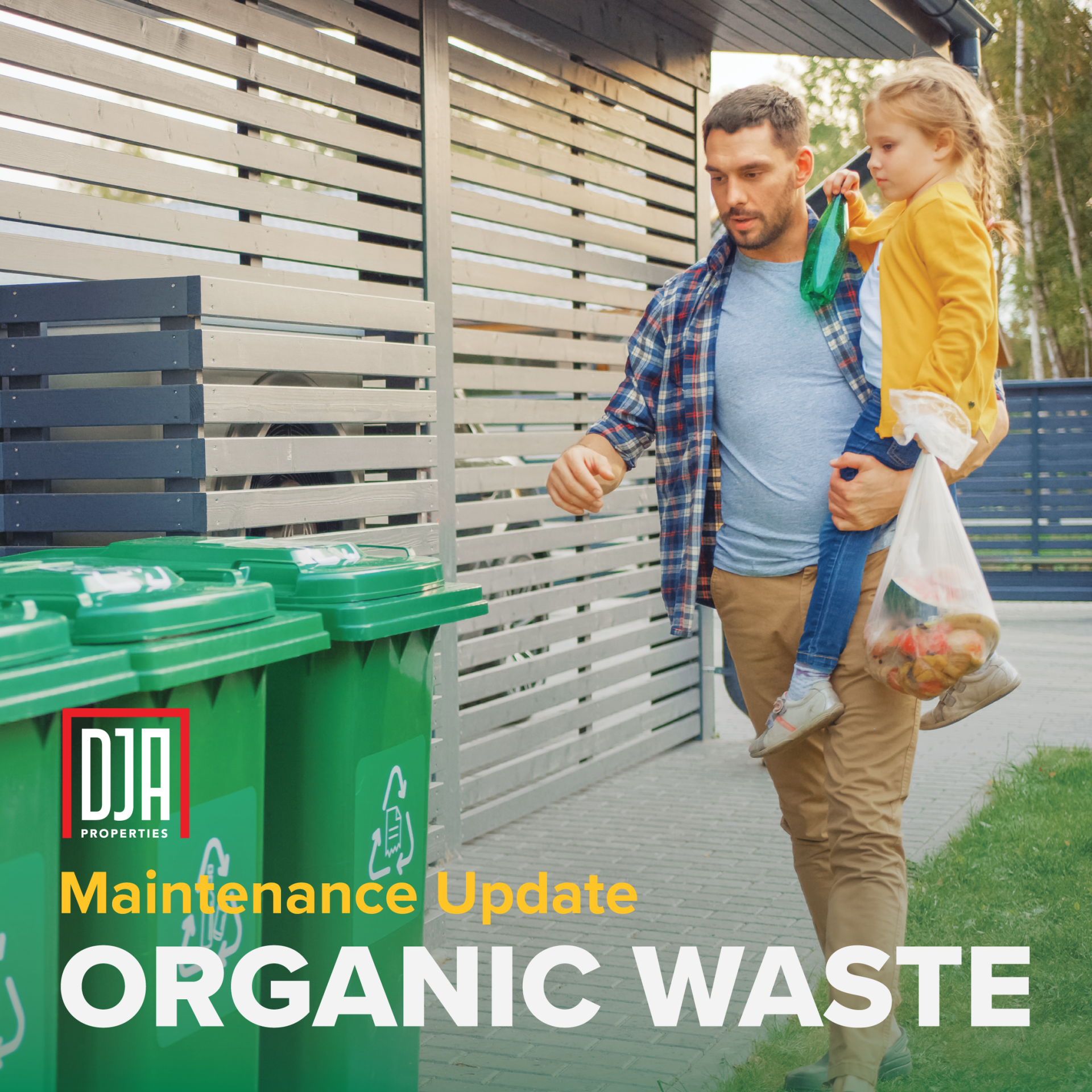October 7, 2021
After 18 long months, the eviction moratorium expired on September 30, 2021. As of October 1, we are allowed to take legal action to collect rent which came due between March 1, 2020 and September 30, 2021. This process may lead to eviction (or “Unlawful Detainer Action”) for residents who do not qualify for rental assistance and who fail to work with us to create a payment plan. We will also begin using small claims court to collect unpaid rent in order to avoid eviction when possible. Before either of these steps can be undertaken, however, there are a few new stipulations we must consider if the resident's ability to pay was impacted by COVID. First, property owners must prove they have applied for rental assistance before filing for an eviction based on non-payment. In order to collect past due rent, it is no longer optional to participate in these programs. However, from the day that rental assistance programs began accepting applications, DJA’s Community Managers have diligently worked with residents who owe a balance to apply for assistance. We have received a significant number of payments to date, with additional approved funds expected as local programs continue to process applications. The programs currently cover 100% of delinquent rent from April 1, 2020 through June 30, 2021, and we were recently advised that monies will soon be available in most localities to cover past-due rent through September 30, 2021 and beyond. Applications will continue to be reviewed as long as assistance funds remain. Be assured that DJA will continue to actively pursue available funds for all residents with COVID-related delinquency for the benefit of the residents and our property owners. The second new stipulation related to eviction is that we are not permitted to ask for late fees or sell debt to a collection agency from the eviction moratorium period for residents with COVID-related delinquency. This was not unexpected as even before the pandemic, the courts would frequently waive these fees based on the total balance owed. Finally, all remaining unpaid rent converts to consumer debt and is collectible in small claims court beginning on November 1, 2021, as long as rental assistance has been sought. Small claims court rules have also been adjusted to allow for claims larger than $10,000 and remove limits on the number of suits an entity is allowed to file related to nonpayment of rent. These cases are allowed to be filed until 2025. We are working with our attorneys to ensure we are well-informed as we proceed in these unprecedented circumstances. Although we will act expeditiously, this process will likely experience delays. Your Portfolio Managers will keep you apprised of the status of all legal actions on your property as well as the estimated legal fees to pursue evictions or small claims. There is also great news as we move forward: residents who move in on or after October 1, 2021 are not subject to COVID-related protections. With new residents, we will finally be back to business as usual! For more information, check out the following resources: Legal Summary General Information for Owners and Renters






